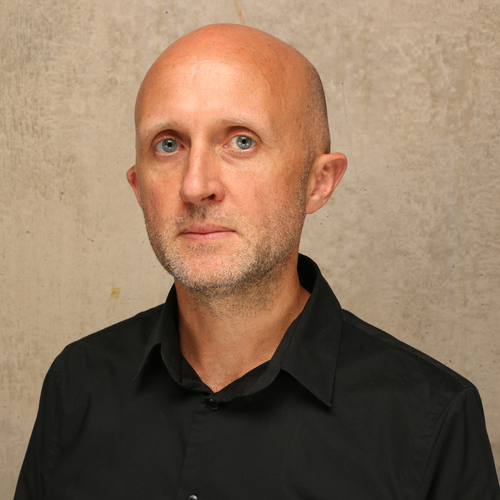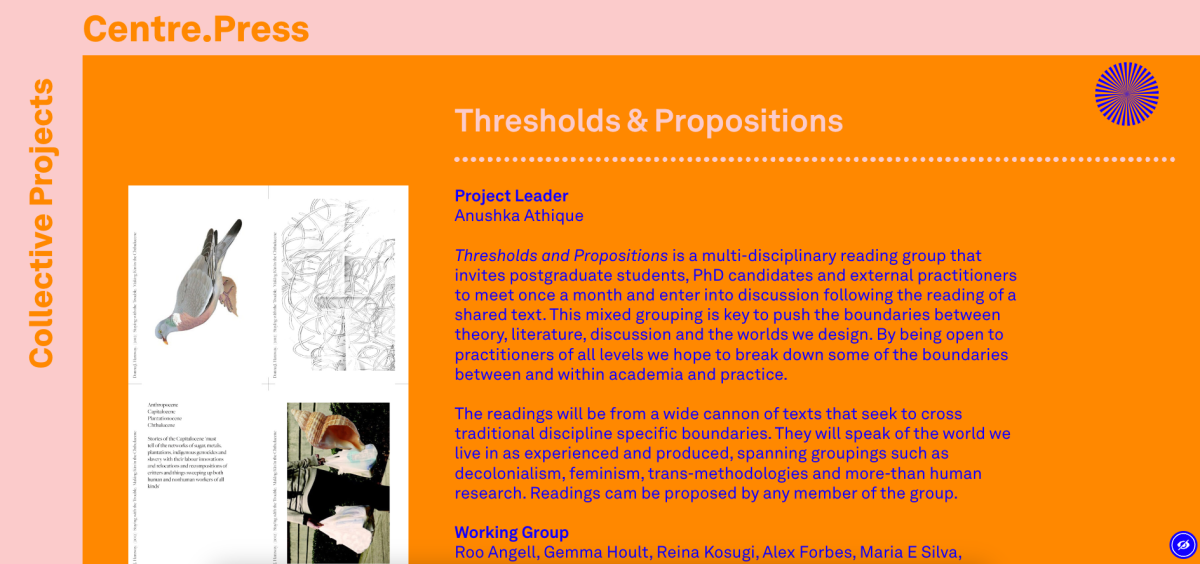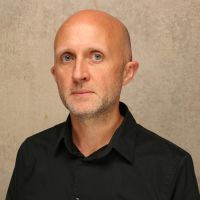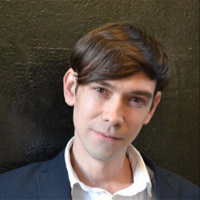About us: our vision
For research to be effective in today’s complex and uncertain world we must increasingly cross the traditional boundaries between the sciences and arts. This recognition underpins the work of the Centre for Spatial and Digital Ecologies, which explores landscape and architectural design, art, manufacturing and printing, as well as embodied, situated, performed and lived practices as they intersect with more scientific areas such as ecology and the environment. Our research also encompasses everything from the use of digital techniques in art and design to the societal impacts and equitability of current and future online, electronic and digital technologies.
We aim to:
- Create an environment for the production of research and knowledge exchange, which is generous, caring, experimental and innovative.
- Encourage practice-based researchers at every stage of their careers as they publish and present meaningful research.
- Support applications for external funding for research projects and potential impact case studies, ensuring that resources are equitably considered and shared in a transparent way.
- Develop strategic partnerships with external and industry partners.
- Support a broad range of research outputs.
Our impact on the world
In their artistic, experimental and theoretical design approaches - led by relational and ecological ways of developing knowledge – researchers create tangible, positive change in the world. They promote equitable practices that benefit society and the environment, neighbourhoods and cities, the places people live in, and interact with.
Our primary objectives, aligned with the UN Sustainable Development Goals (SDGs), are to:
- Create sustainable environments that can foster new design cultures, architectural forms, and future climates (SDG6: Clean water and sanitation; SDG7: Affordable and clean energy; SDG11: Sustainable cities and communities; SDG13: Climate action)
- Develop equitable practices, from situated to digital, that improve lives and landscapes (SDG1: No poverty; SDG10: Reduced inequality; SDG11; SDG16: Life on land)
- Lead emerging creative discourses—with world-leading individuals and institutions, including universities, NGOs, media, and business—that can make impactful change
- Create an accessible and inclusive education environment for developing knowledge—between artistic and scientific practices—through research, learning, and exchange (SDG4: Quality education)
The centre is already working towards these goals in many ways:
- Our research focuses on improving the circular economy of aquaponic food production by optimising waste and resource management. Blue-Cycling is an ERA-NET Cofund on Food Systems and Climate consortium with partners in Sweden, Norway, Germany, the Netherlands, the UK, Kenya and South Africa. The participation of the University of Greenwich is funded by Defra. The project runs from June 2021 to June 2024.
- Our knowledge exchange workshops, Field Office, bring together professional and academic partners to explore equitable and inventive new practices for researching and designing landscapes going through change.
- p_ART_icipate (Participatory Art, Design and Facilitation for Social Connectedness) investigates how participatory art can foster social connectedness and wellbeing for the UK public online. This AHRC-funded project involves the National Gallery, Royal National Institute of the Blind, NHS CNWL Foundation Trust, Brunel University, Analema Group, NeuroCreate, Joy of Sound, Noise Abatement Society, Queen Mary University of London.
- The Internet of Bodies (REF21 case study) - Ghislaine Boddington engages in future digital issues for our living bodies, our digital identity and the evolution of virtual physical blended presence and intimacy. Shifting future thinking, shaping debate and transforming practice in the arts, culture, creative industries, and corporate sectors, as well as for the wider public, this practice-led research was supported through a range of commissions and curations including Nesta, BBC, and Innovate UK alongside many arts and creative industry partners (Ghislaine Boddington).
Who we are
An interdisciplinary approach
The Centre for Spatial and Digital Ecologies brings together architects and artists, designers and ecologists, landscape architects and theorists, urbanists and philosophers. The interdisciplinarity of research we undertake is explicit in our name. Neither the ‘spatial’ nor the ‘digital’ are the exclusive preserve of any single researcher or programme of study. Instead, at the centre these areas connect, with the notion of ‘ecologies’ highlighting a relational approach that combines contemporary theory, philosophy and art practice with design solutions, architectural invention, climate approaches and green technologies. We realise that no research can have an impact without some degree of collaboration and cross-over; indeed, the most innovative research is often achieved when different fields work together. Therefore, an openness and generosity in experimenting between art design and theory, and more quantitative scientific practice, shapes all that we do.
Partners
Centre members have - and continue to cultivate - productive working relationships with a vast network of external organisations. Our academic partners range from the Bartlett Faculty of the Built Environment at University College London and the Harvard Graduate School of Design in the USA, to the Manipal Academy of Higher Education in India and the UN University’s Institute for Integrated Management of Material Fluxes and of Resources based in Germany. Outside academia, we collaborate with the Venice Biennale for Architecture, the Royal Parks, the Greater London Authority, the Architecture Foundation, the Design Council, UN-Habitat, the Royal Society of the Arts, Contemporary Digital Arts and Cyborg Nest, among many others.
Funding
The work of the Centre for Spatial and Digital Ecologies is currently supported through grants from organisations including the Arts and Humanities Research Council, the Science and Technology Facilities Council, the UK Space Agency and Interreg Europe.
Our research
The Centre for Spatial and Digital Ecologies recognises differences and welcomes uncertainties in contemporary landscapes and lives. Our research, which maps on to the aims of the centre and the societal challenges it addresses, seeks to make sense of uncertainty and to be optimistic about the possibilities to improve the world.
There are six centre themes:
- New design pedagogies, which focuses on the intersection of studio teaching and site-specific practices.
- Media and communication, which expands digital and media research methods through engaging with critical materials and cultural developments.
- Access and inclusion through design, which questions inclusive processes and environments.
- Climate and urban ecology, which investigates the design of green infrastructures, environments, and cities.
- Collective, public, common, and lived spaces, which highlights the collective making and remaking of human and more-than-human worlds.
- Expanded architectural practices, which critically speculates on future practices to address contemporary concerns such as climate justice and social equity.
News and events
The centre runs six types of collective research projects, designed to intersect with our research themes. They bring together members, develop discourses, map impact and disseminate knowledge:
- Possible Ecologies seminars/lectures, in which members of the Centre and notable industry experts and researchers are invited to present their work.
- Uncertain Relations workshops, with external speakers and some internal speakers looking at theoretical research questions.
- Collective Landscape Futures roundtables, an open conversation on experimental future practices. These are a series of practice-focused discourses including leading professionals, lecturers/tutors and students.
- Field Office knowledge exchange collaboration, developing an external network for those working on situated field practices.
- Thresholds and Propositions reading group, involving Master’s students, PGRs, ECRs and more established academics.
- Centre Press, recognising the strength of graphic and communication research in the centre, this research project disseminates online, in print, and podcast media.
Our timetable of activities allows members to plan their involvement with centre discourses and to develop a rhythm of diverse activities. Above all we want our activities to foster an open and supportive environment for developing research and knowledge exchange.




























